The Low-Down on Soy: There’s No Reason to Be Afraid
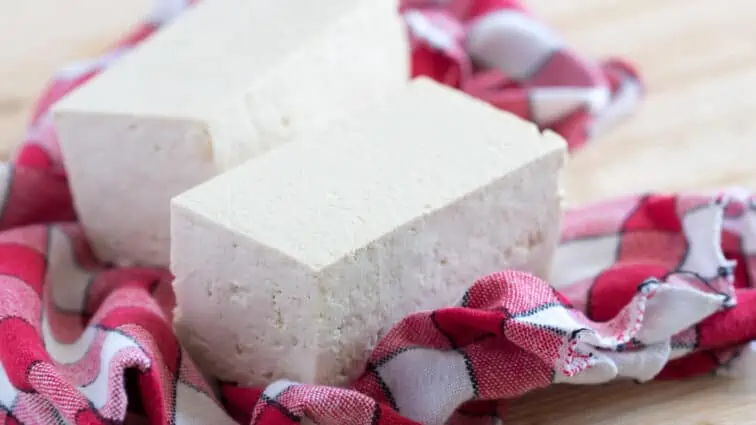
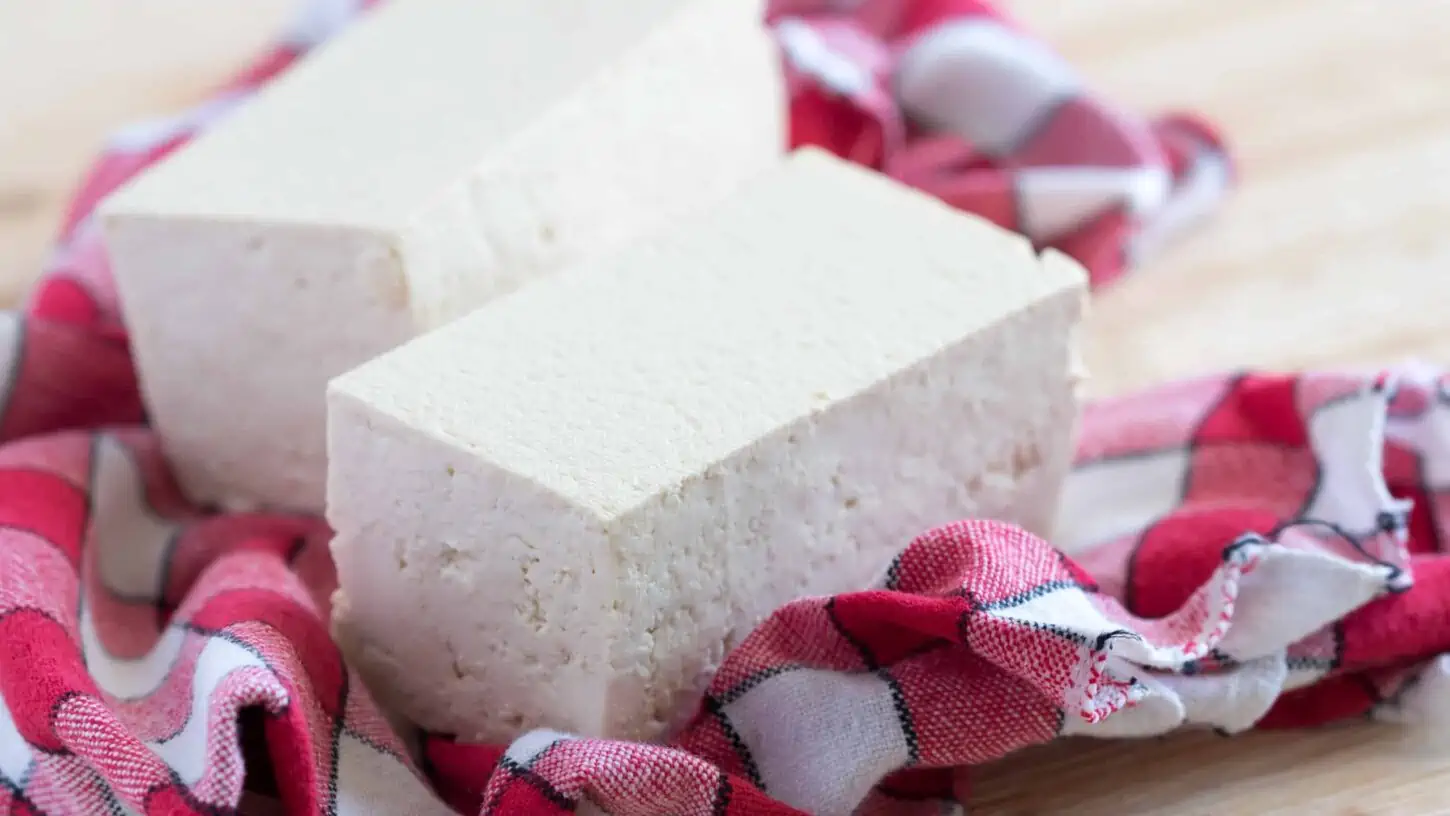
Did you know soy is one of the most studied foods in the world? There are literally thousands of peer-reviewed published studies on it. But most widespread “knowledge” about soy comes from shocking headlines and food trends. So what’s the realty about soy? Should we be eating it, or not?
This is an important question, especially for vegans, as so many delicious plant based recipes and foods are made from soybeans and tofu. So we turned to the experts.
Vegan registered dietitian nutritionists are here to answer some of the common questions about this luscious legume.

Table of Contents
What is soy?
First, a little nutrition backgrounder. Soy is a great source of plant-based protein and is quite versatile in the kitchen. One cup of edamame (soybeans) contains 18 grams of protein, 8 grams of fiber and is an excellent source of iron, vitamin K, thiamin, and folate. It’s also a good source of potassium, riboflavin, zinc, and vitamin A.
Soy can be processed into bean curd, or tofu, which can be a good source of calcium when prepared with calcium sulfate. It also can be fermented into foods such as tempeh and natto.
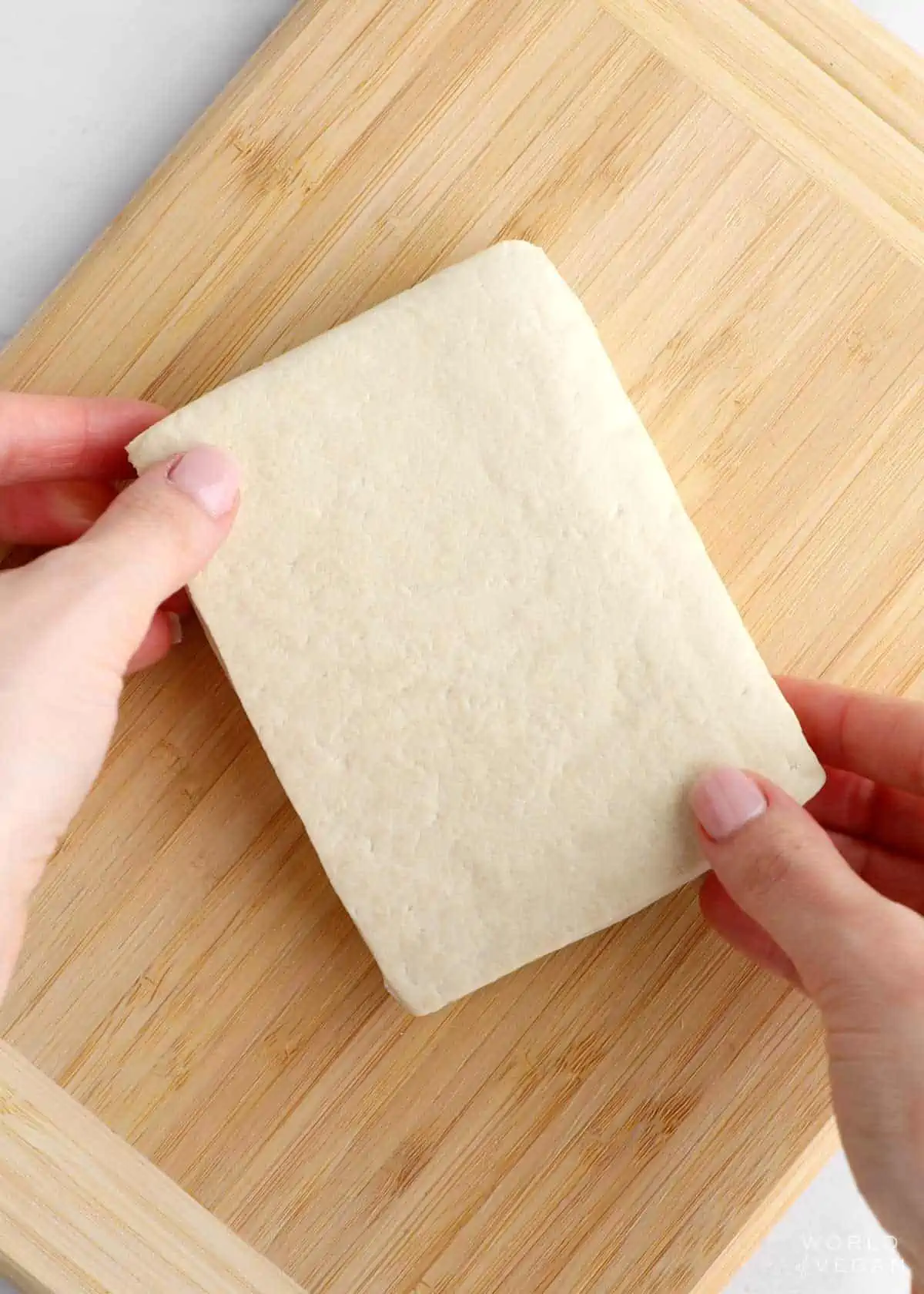
More processed and refined versions of soy are used in a wide variety of foods. For purposes of this discussion, we’re focusing on whole soy, soy milk, tofu, tempeh, and other fermented soy foods.
Is soy bad for you?
“Everyone wants to hate on soy and there’s absolutely no reason to. Soy can be a part of a healthy diet. Both fermented and non-fermented soy has been eaten for centuries throughout Asia and there’s no reason for vegans or anyone to limit the amount of soy in their diet [unless you have a soy allergy].”
Does soy cause breast cancer?
“Because hormone therapy increases the risk of postmenopausal breast cancer, it was thought that women with estrogen-sensitive tumors and those at increased risk of breast cancer should not consume soy. However, research indicates that soy foods do not have harmful effects on breast tissue.
In fact, two large studies found that soy food intake is associated with improved prognosis of breast cancer patients, including reductions in risk of death and disease recurrence. The position of the American Cancer Society is that breast cancer patients can safely consume up to three servings of soy foods daily.
Additionally, consuming soy early in life appears to decrease breast cancer risk later in life.”
– Carolyn Tampe, MS, RD, PA-C
Will men who eat soy experiencing “feminizing” effects?
“It requires twelve servings of soy (and probably much more for most men) to have any sort of noticeable feminizing effects [such as reduced testosterone levels and enlarged mammary glands].
While one epidemiological study raised concerns about soy and sperm quantity, two clinical studies have shown no effects of soy on sperm quality or quantity.”
Is it OK for infants to be weaned from breast milk to soy milk?
“Many parents have questions regarding weaning their infant and the pressure to provide cow’s milk in place of formula or breast milk. Fortified soy milk is a nutritionally appropriate food for weaned infants. It is a great source of calories, protein and other nutrients, such as calcium and vitamin B12.”
Is soy bad for the environment?
“Almost all soy foods are from non-GMO soy, and they come from a different type of soy plant than the huge crops of GMO soy cultivated in the U.S. (primarily for animal feed). In fact, soy is a legume, so it has the ability to fix nitrogen in the soil, meaning that fewer fertilizers must be used during its cultivation.
Many organic farmers use sustainable methods for growing organic edamame and organic soy foods, such as soy milk and tofu. And on top of that, a plant-based diet is far more sustainable than a meat-based diet, so if you replace meat with soy foods, you can make a serious dent on your carbon footprint.”
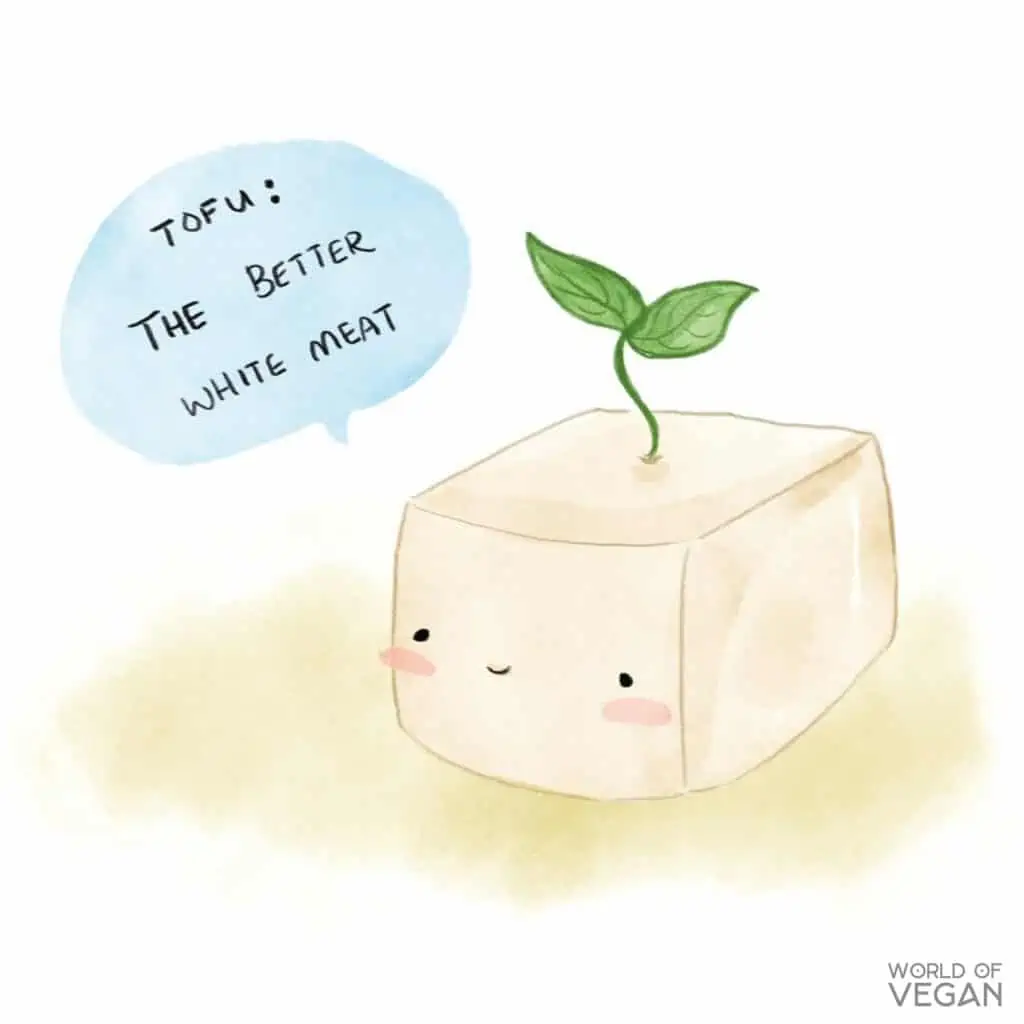
Delicious Tofu Recipes
It’s hard to narrow down the list of tofu recipes, but here are a few favorites. You can also explore this round-up of vegan tofu recipes, as well as this collection of silken tofu recipes.
- Tofu Scramble
- Palak Tofu
- Vegan Butter Chicken Tofu
- Garlicky Ginger Tofu Triangles
- Slow-Cooker Red Curry With Tofu
- Lasagna with Tofu Ricotta
- Soy Curls (Guide and Recipes)
If you’re unfamiliar with tofu and have never cooked with it before, don’t miss World of Vegan’s Tofu Guide for the Tentative Cook. Tofu is a perfect base for sauces, marinades, baking, frying, air frying, and beyond.
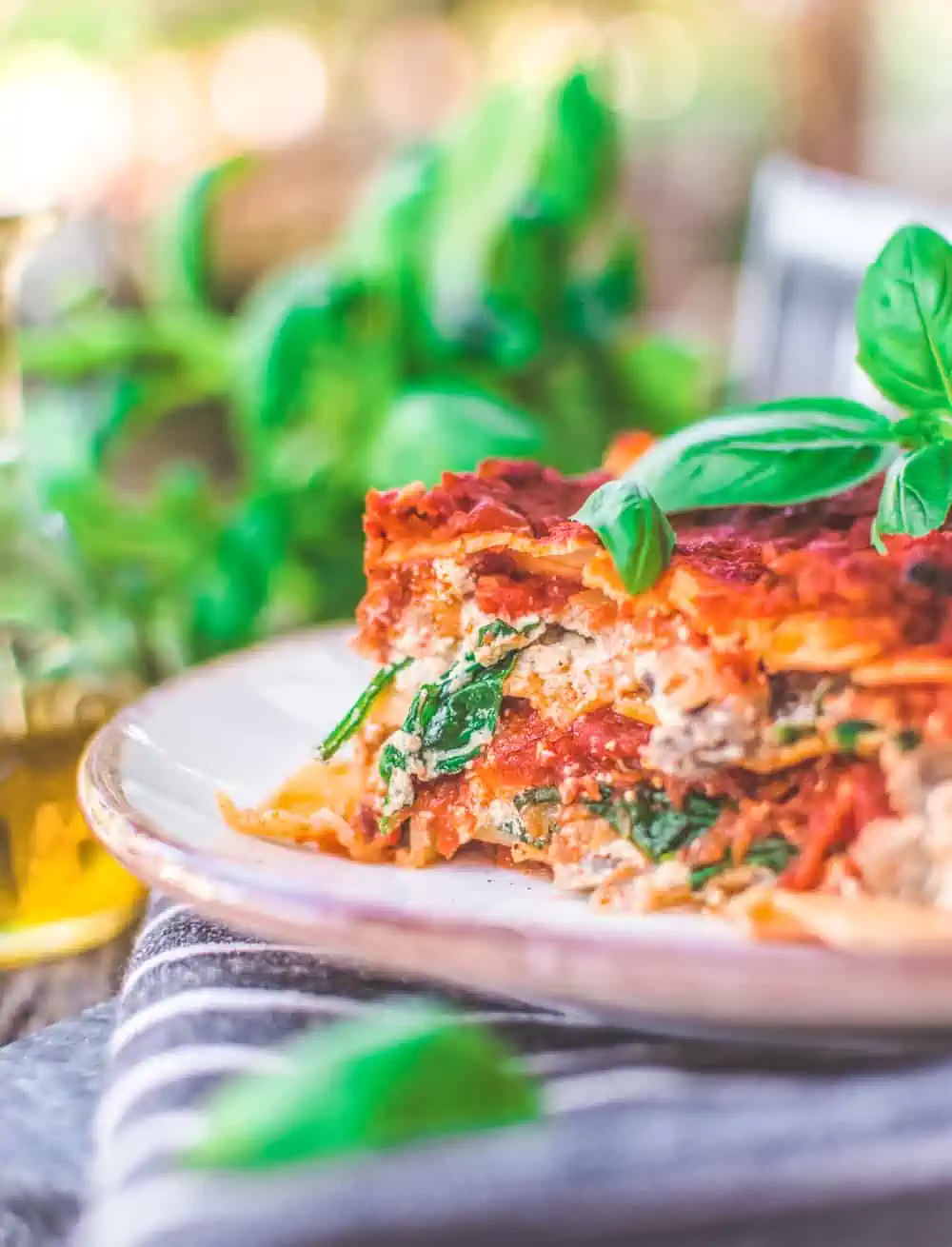
Additional Evidence-Based Resources on Soy
- Is Soy Safe? from Brenda Davis, RD
- What is the deal with soy – is it safe to eat or not? from Anya Todd, MS, RD, LD
- Soy and Health Update: Evaluation of the Clinical and Epidemiological Literature
For more vegan health and wellness wisdom, check out Taylor’s other World of Vegan articles. Want to learn about ditching dieting for good, honoring your body’s hunger and making peace with food? Check Taylor’s website!
Disclaimer: The information presented here is not to be construed as medical advice or used to diagnose, treat, cure or prevent any condition or disease. Photo and videos by Michelle Cehn.

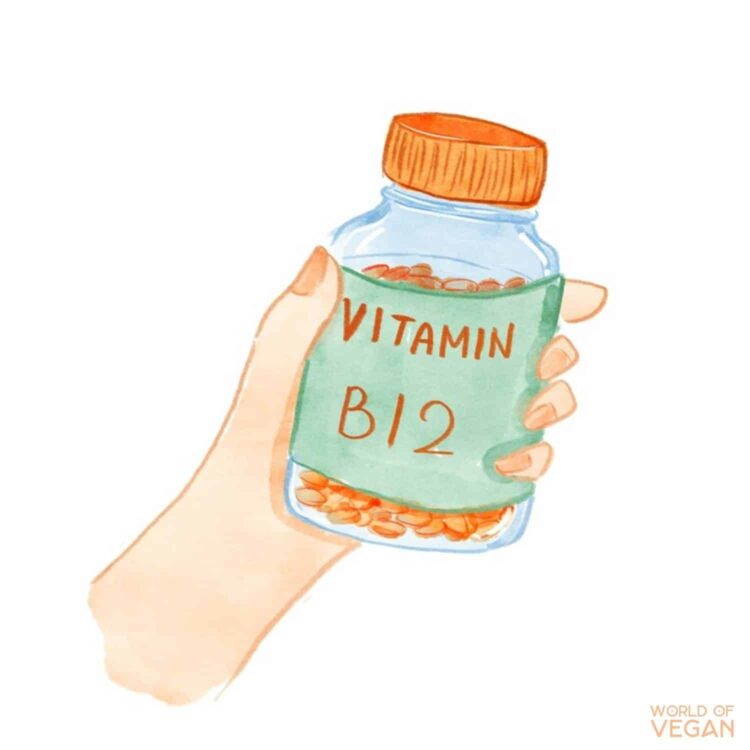
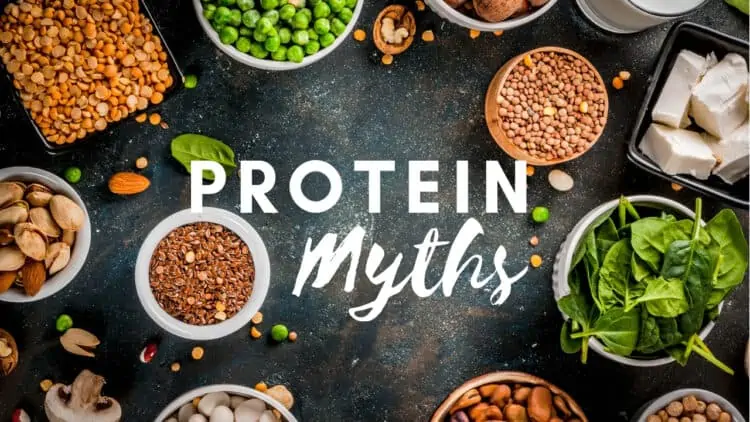

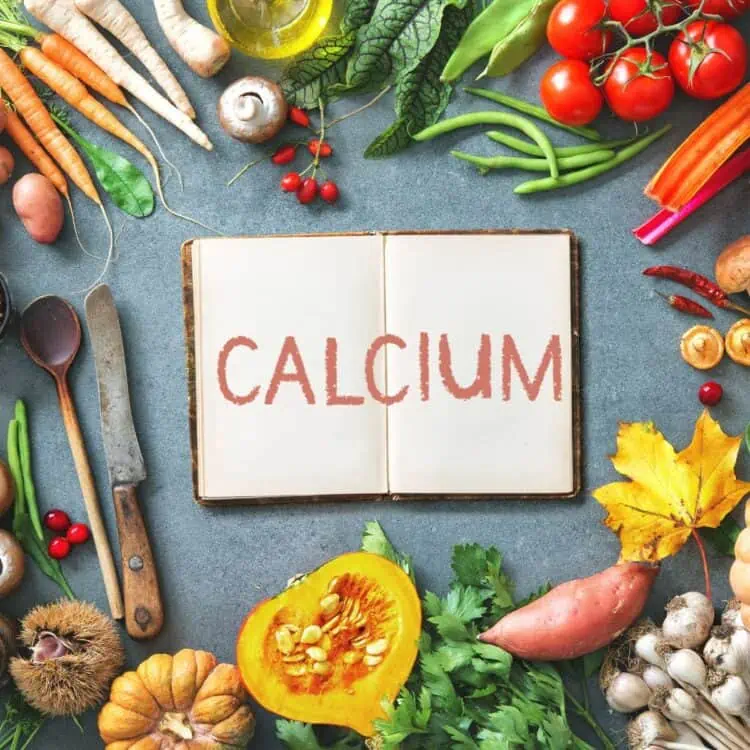
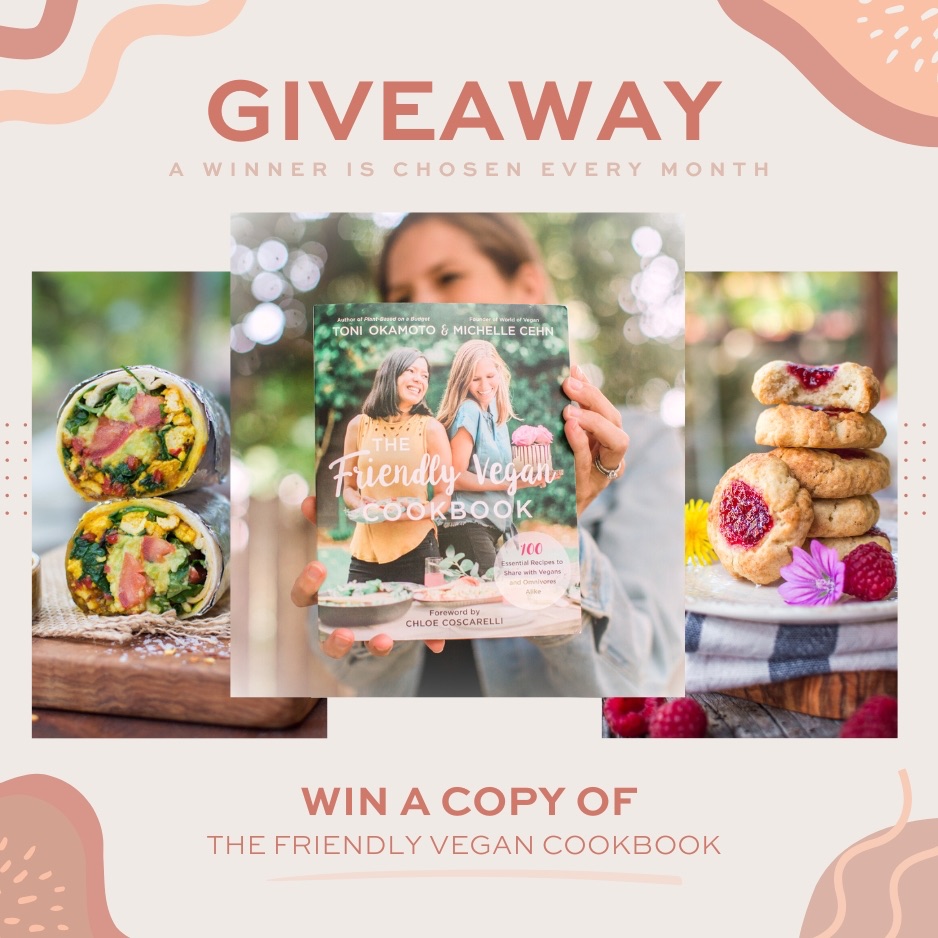
Leave a Comment